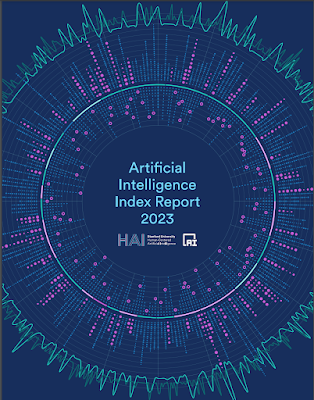Law Library of Congress Reports Collection Surpasses 4000 Documents
For a long time, the Law Library of Congress in Washington, D.C. has been producing reports on a huge range of foreign, comparative, and international law topics.
A post today on its blog In Custodia Legis describes its efforts to make available its collection of legacy and contemporary reports:
"Since we last celebrated our milestone of over 3,000 online reports just last summer, the Law Library has continued to publish additional legacy born-digital and digitized reports on a near-weekly basis. Now, as of last month, we are happy to announce that our collection of legacy and contemporary reports has grown to over 4,000. This collection includes a mixture of both legacy and contemporary reports on foreign, comparative, and international law topics. For decades, the Law Library of Congress has prepared these legal reports in response to requests from Congress, the executive and judicial branches of the federal government, and others. In 2020, we announced a multi-year effort to digitize and publish many of our previously unreleased historical reports to make them fully accessible to researchers and other members of the public. Last month, we announced that our reports are now also available in a curated collection on HeinOnline in addition to being freely available on law.gov (...)"
"While the bulk of the published legacy reports address issues that are still of interest to policymakers today – topics such as immigration, gun control, and the regulation of emerging technologies appear frequently – there are several documents that are specific in scope and whose topics are surprisingly unique."
The blog post features 3 of those "unique" reports whose content is testimony to the breadth of topics that law librarians can be asked to research:
- a report from the 1970s on hitchhiking laws in Poland
- a report from the same decade on laws to protect the languages of France, Germany, Norway, and Switzerland from "foreign influences"
- a report from 2005 that discussed the rationing of curtains in Germany during World War I
Labels: digitization, legal history, legal research and writing







